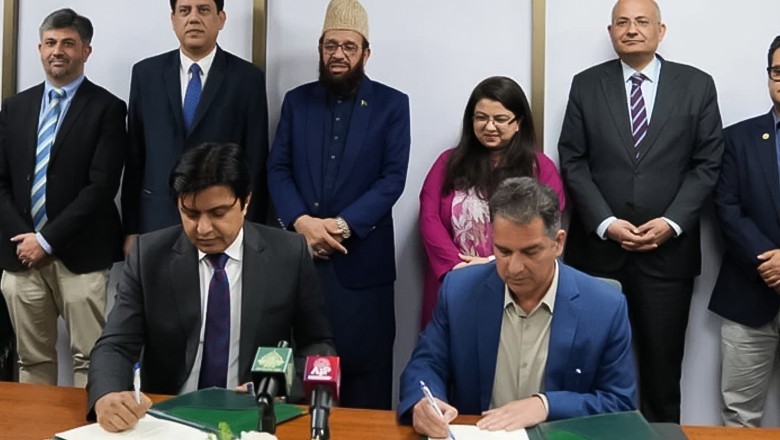Pakistan's surging population poses national crisis

Web Desk
|
10 Jul 2025
The rapid and alarming rise in Pakistan's population is placing immense pressure on the country’s education, healthcare, and economy, prompting the government to declare population control a national priority.
On World Population Day, the Ministry of Health held a significant conference in Islamabad, where Federal Health Minister Syed Mustafa Kamal, along with health experts and religious scholars from across the country, highlighted the gravity of the situation.
The minister described the unchecked population growth as a “national crisis” and stressed the urgency of immediate and coordinated action.
According to the Ministry of Health spokesperson, the objective of the conference was to address the challenges arising from unrestrained population growth and raise public awareness.
Speaking at the event, Minister Kamal warned that Pakistan’s population is increasing by more than 6.1 million people annually.
He noted that Pakistan has already become the fifth most populous country in the world and, if the trend continues, it could surpass Indonesia in the next five years to become the fourth.
He pointed out that Pakistan has the highest birth rate in South Asia, and this exponential growth is crippling the nation’s infrastructure.
Essential systems such as education, healthcare, and employment are under severe strain, with 25 million children currently out of school.
Read more: Japan records population decline for 14th consecutive year
He said that reducing family size must now be a national priority, and the birth rate needs to be brought down from 3.6 to 2.0 to ensure sustainable development.
The minister further stated that the uncontrolled population surge is undermining national planning and, without effective control, the vision for progress will remain unfulfilled.
Experts at the conference also called for widespread public awareness campaigns and concrete policy measures to secure better educational, health, and employment opportunities for future generations.












Comments
0 comment